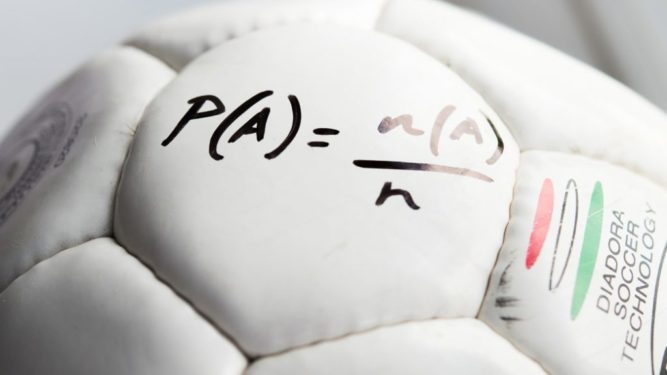In this article, Gil, an experienced maths specialist for school entrance exams, explains what maths anxiety is and how parents can help.
Maths, often seen as the universal language, can be a source of significant anxiety, especially for girls. Maths anxiety is a severe emotional response that can hinder academic performance and future career opportunities. But what exactly is maths anxiety, and how can parents help their daughters overcome it? Let’s explore.
What is Maths Anxiety?
Maths anxiety, defined by Richardson & Suinn (1972), is “a feeling of tension and anxiety that interferes with the manipulation of numbers and solving mathematical problems.” It involves cognitive worries about performance and failure and physical symptoms like nervousness. Studies show that maths anxiety can lead to avoidance behaviours and negatively impact performance by disrupting working memory (Zhang et al., 2019).
Factors Leading to Maths Anxiety
Several factors contribute to maths anxiety among girls. Societal stereotypes suggest girls are less capable in maths, affecting their self-perception and confidence. Negative experiences, such as poor grades or criticism, reinforce this anxiety. Teaching methods that don’t cater to diverse learning styles and a lack of positive role models in STEM also play crucial roles. Dr. Jo Boaler of Stanford University notes, “Negative messages from society, teachers, and parents about who can be successful in maths have a lasting impact on confidence and willingness to engage in the subject.”
How Can Parents Help Girls with Maths Anxiety?
Parents play a vital role in alleviating maths anxiety. Here are some strategies:
-
Encouragement and Support:
Express belief in your daughter’s abilities and promote a growth mindset. Emphasise that struggling with maths is a normal part of learning. Example: “Fractions can be tricky, but you can understand them with practice. Remember how you improved in multiplication? The same can happen with fractions. Let’s tackle this together!”
-
Positive Reinforcement:
Celebrate small achievements in maths. Positive reinforcement can motivate continued effort and reduce anxiety. Example: “You did an amazing job solving those equations! I’m proud of how hard you worked. Let’s have a special treat to celebrate your progress.”
-
Create a Positive Learning Environment:
Incorporate maths into daily life in a fun way using real-life scenarios, games, and activities. Example: Turn grocery shopping into a maths lesson by asking your daughter to calculate the total cost or the change you’ll receive.
-
Address Negative Stereotypes:
Challenge myths that girls are not good at maths. Highlight female role models in STEM fields. Example: Share stories of successful women in STEM, like NASA mathematician Katherine Johnson. “She faced many challenges but excelled because she believed in herself. You can achieve great things in maths too!”
-
Seek Professional Help if Needed:
If your daughter continues to struggle, consider consulting a school counsellor or psychologist. Example: “Sometimes, we all need a little extra help. Talking to a counsellor can give you new strategies to handle maths anxiety.”
How Can One-to-One Tutoring Help?
One-to-one tutoring can be highly effective. Personalised sessions provide a safe space for girls to express concerns and learn at their own pace without fear of judgement. Tutors can tailor methods to suit the student’s learning style, making complex concepts easier to understand, building confidence, improving performance, and reducing anxiety.
Resources for Further Reading:
Books:
- Overcoming Math Anxiety by Sheila Tobias
- Mathematical Mindsets by Jo Boaler
Websites:
Educational Videos:







Start the discussion!